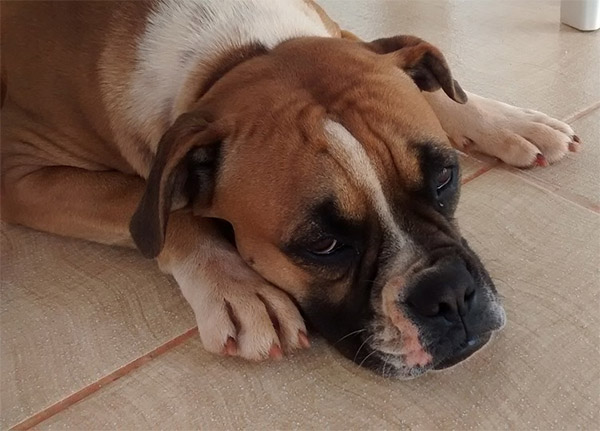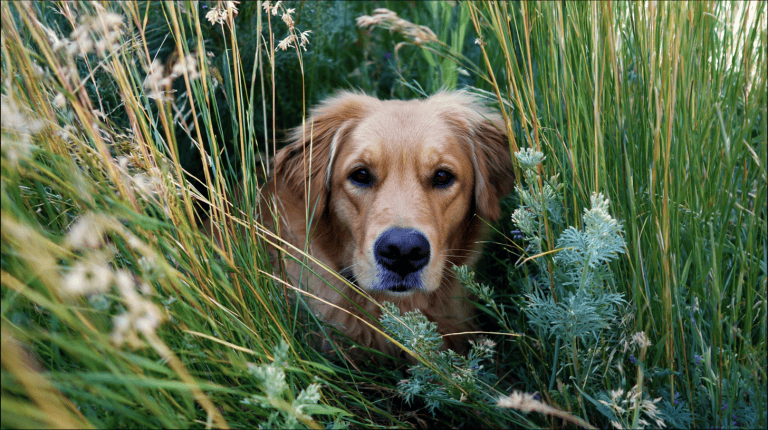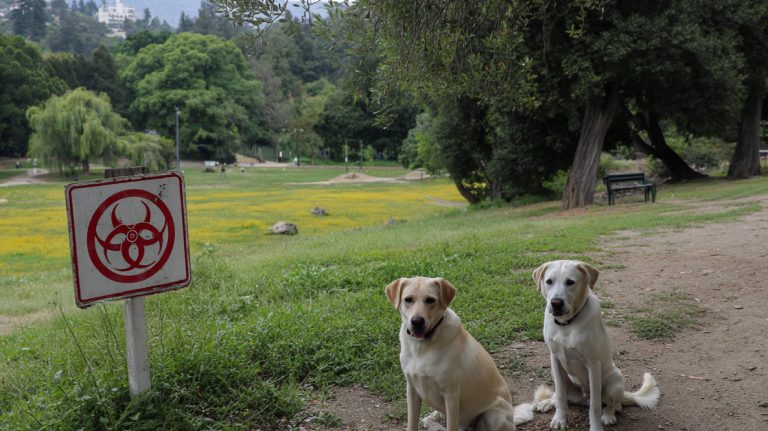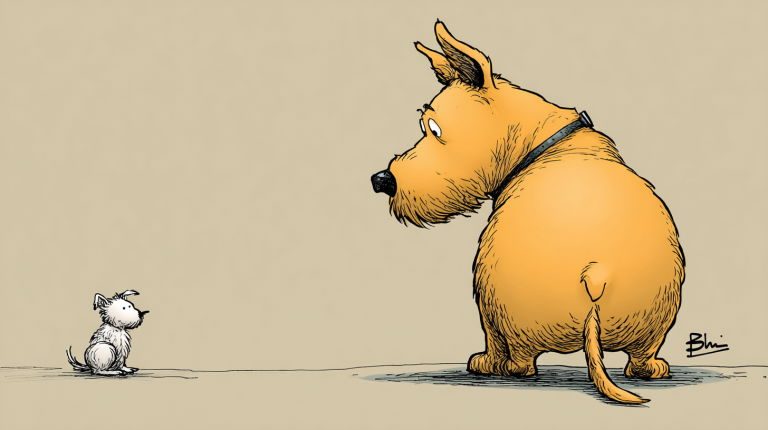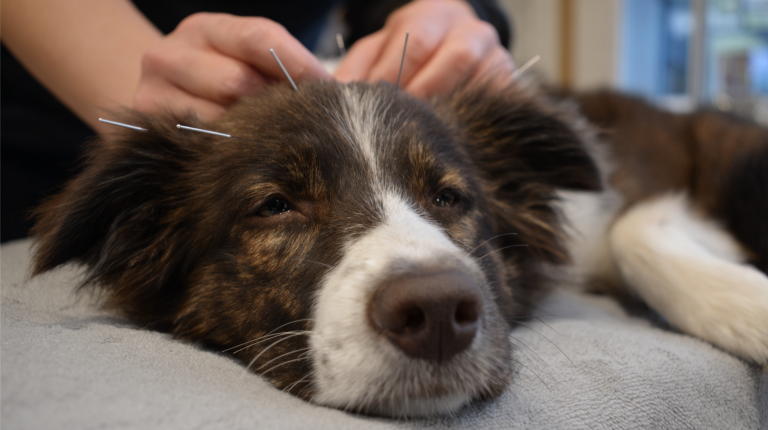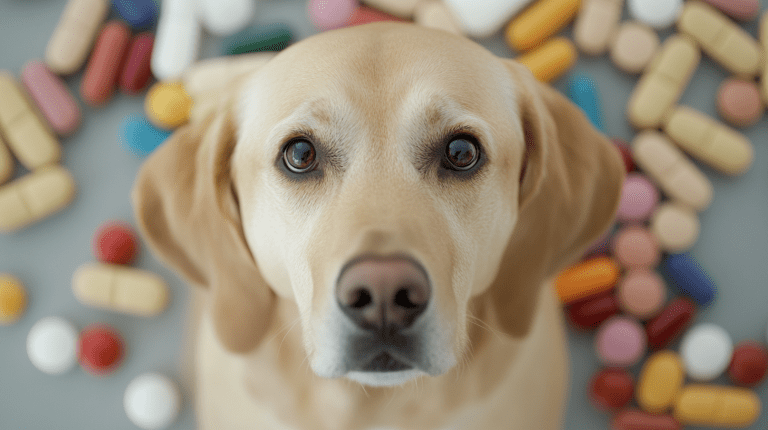By Dr. Shannon Leggieri, DVM, MS of Claremont Veterinary Hospital, Oakland.
There are many resources on how a person can cope with the loss of their beloved dog (articles, books, online blogs, support groups, and more). There are not as many resources focused on helping a surviving dog deal with the loss of a canine companion. Dogs experiencing this kind of grief can suffer in a variety of ways (insomnia, anorexia, anxiety, lethargy and/or depression). It is important to understand how to recognize and manage your dog’s grief to alleviate suffering and strengthen your human-canine bond.
The following are five tips to help your surviving canine through his/her time of grief:
1. Quickly identify signs of grief. Monitoring your dog closely for signs of grief is the most important first step to minimize suffering during the grief process. Clinical signs can be different from dog to dog and are dependent on temperament and personality. Signs include but are not limited to sleeping less or more, decreased appetite, pacing or wandering, reluctance to exercise, seeking out more or less attention or affection, and/or changes in vocalization.
2. Maintain your daily routine. It is important to maintain the same schedule to give your dog a sense of stability. Mealtimes, diet, exercise, walks, bedtime and anything else that has been a part of your daily routine should stay as such. Try not to make any big household changes too quickly. It is important to allow time for your pet to grieve in the routine they’ve known.
3. Pack order may change. In households with multiple surviving dogs there will be adjustments in hierarchy during the grief period. This adjustment is normal as they establish or reaffirm the alpha dog and determine each individual's position in the household. It is preferable to allow your dogs to figure out this hierarchy on their own. This may mean some barking, growling, and food or treat stealing. If signs are excessive or prolonged you should consult your veterinarian.
4. Allow time. Practice patience. It is important to recognize your surviving dog’s needs during this time and honor them as possible. They may need extra attention if they seem clingy or may need space if they seem distant. They may need longer walks if they seem hyperactive or anxious. They may need more sleep and rest if they seem lethargic or reluctant to exercise. In the majority of cases these signs are transient, not permanent, and allowing them time to experience the grief process will make you and your dog closer.
5. Recognize more serious medical needs. Rarely, surviving dogs can experience more severe forms of grief that require medical intervention. If your dog is persistently anxious, anorexic, or lethargic it is important to consult with your family veterinarian.

